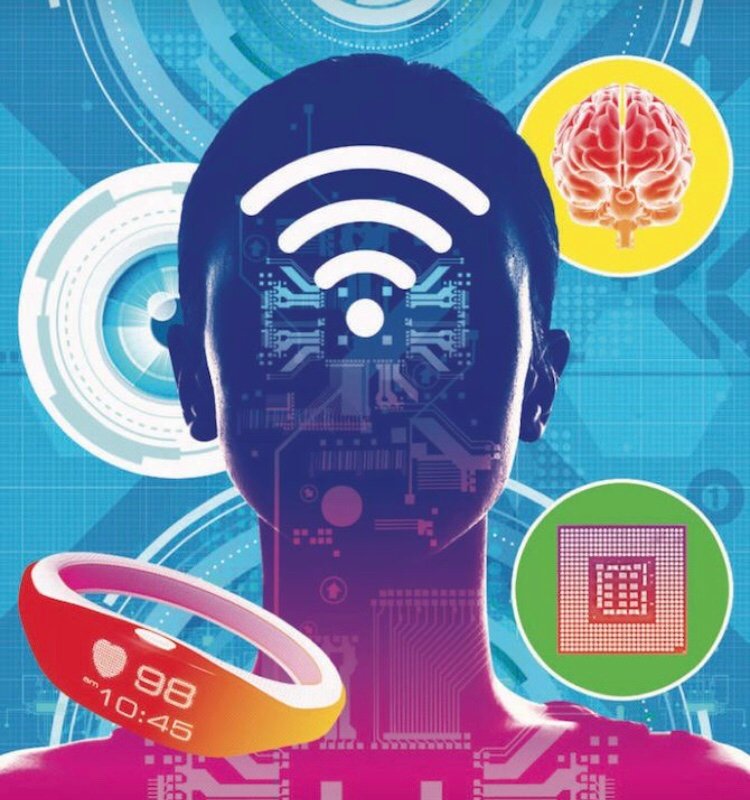Explore the transformative impact of wearable technology on healthcare as it emerges as a powerful tool for monitoring vital signs, tracking health data, and revolutionizing personal analytics. From real-time medical data generation to advancements in flexible electronics and artificial intelligence, this article delves into the promising role of smart wearables in the evolving landscape of healthcare.
Wearable technology has transcended beyond trendy accessories, emerging as a dynamic force in the healthcare industry. Its potential to monitor vital signs like heart rate, blood pressure, and oxygen levels has turned these wearables into indispensable tools for healthcare professionals and individuals alike. The ability to track personal health data, including physical activity, nutrition, and sleep patterns, is reshaping how we approach well-being.
Smart wearables are now seamlessly integrated into personal analytics, serving as reliable companions for health-conscious individuals. Beyond mere accessories, these devices have become integral to measuring physical status, recording physiological parameters, and even guiding medication schedules. The promise of a healthier lifestyle is now coupled with the continuous availability of medical data for active monitoring of metabolic status, diagnosis, and treatment.
The evolution of wearable technology is closely tied to advances in miniaturization, flexible electronics, electrochemical biosensors, microfluidics, and artificial intelligence algorithms. These breakthroughs have given rise to devices that can generate real-time medical data, seamlessly integrated into the Internet of Things (IoT). The interconnectedness of these devices allows for a holistic approach to healthcare, enabling a more comprehensive understanding of an individual’s well-being.

In recent times, smart wearables have emerged as powerful tools in healthcare, offering functionalities like wearable electrocardiogram (ECG), electroencephalography (EEG), electromyography (EMG), blood pressure (BP), photoplethysmography (PPG), heart sound, respiration, sleep, and motion monitoring. These devices are not only scientifically sound but also clinically valuable for real-time, long-term, and dynamic monitoring of physiological and pathological processes.
The healthcare industry is witnessing the rapid growth of smart wearables, and their market is becoming increasingly promising. These devices go beyond conventional health monitoring, offering opportunities for the development of new diagnostic and therapeutic techniques. As they continue to evolve, smart wearables are poised to play a significant role in shaping the future of healthcare.
As we embrace the era of smart wearables, we witness a health revolution at our fingertips. From everyday fitness enthusiasts to healthcare professionals, the integration of wearable technology is redefining how we engage with our health. With the promise of continuous monitoring and personalized insights, smart wearables are charting a new course for preventive healthcare and diagnostic innovation.





